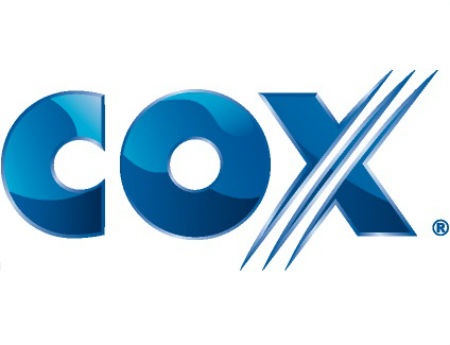Cox Opens Tech Center in Las Vegas
The smarter way to stay on top of the multichannel video marketplace. Sign up below.
You are now subscribed
Your newsletter sign-up was successful

Cox Communications has opened a technology center at the new Desert Pines Boys & Girls Club in east Las Vegas and launched a “re-deployment” of Connect2Compete (C2C), a program that offers discounted high-speed Internet service to qualified low-income families.
Cox made the announcements Tuesday (April 14) at Desert Pines Boys & Girls Club facility, with Michael O’Reilly among the scheduled speakers.
The Desert Pines Tech Center will feature 15 Dell desktop computers with 20-inch monitors, 4GB memory,1TB hard drive and a Microsoft software package.
“Connecting youth to technology is a core value of Cox Communications, and we are thrilled to see the tremendous momentum with our Connect2Compete program,” said John Wolfe, senior vice president and region manager for Cox’s Southwest Region, in a statement. “Families are recognizing that the Internet is a critical educational resource for today’s students to stay competitive in the classroom.”
Cox, citing Connect Nevada’s 2013 Residential Technology Assessment, said 81% of households in Nevada subscribe to home broadband services, up from 78% in 2010. However home broadband adoption in the state varies across economic and demographic lines -- the adoption rate for low-income households is 55% while for Hispanics it’s 70% and African Americans 82%.
To help narrow the Digital Divide, Cox is strengthening its C2C campaign in the “Desert Pines Corridor,” a three square mile area served by nine East Las Vegas schools near the Desert Pines Boys & Girls Club where the Cox Technology Center is opening.
Nationally, nearly 25,000 families, representing 100,000 people, are now connected to the Internet through the company’s Connect2Compete program, Cox said, adding that, across its 18-state footprint, more than 1 million promotional flyers have been distributed to families in 6,500 schools, and more than 500,000 public service announcements have aired on its cross-channel cable network lineup.
The smarter way to stay on top of the multichannel video marketplace. Sign up below.
Cox said its support of the Connect2Compete program exceeds $20 million since 2012.
